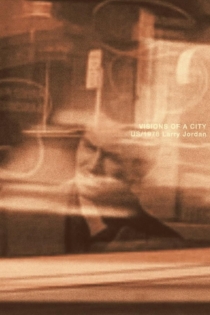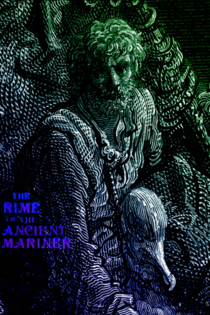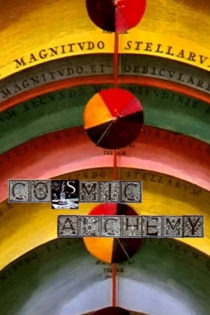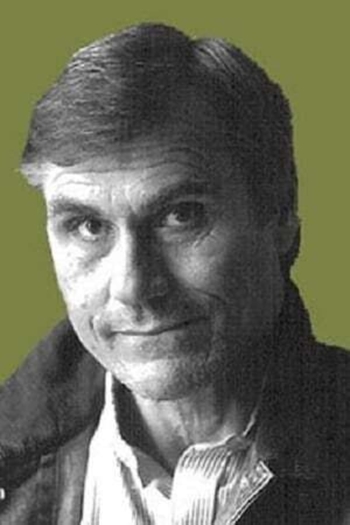
Larry Jordan
1934 (92 года)Jordan founded the film department of the San Francisco Art institute in 1969 and taught there for over thirty years. He made his own box assemblages in Cornell ’s lyrically evocative style since the mid-1960s. Many feature ingenious mechanical and kinetic effects. He continues to make films and box collages at his home and studio in Petaluma where he has lived since 1978.
Circus Savage
Larry Jordan
Wallace Berman
If there is such an old-fashioned thing as "stream of consciousness" in cinema, I suppose this is it. It certainly felt like a flowing stream or river while I was editing day after day, fitting found-sound to found (out-take) footage accumulated over almost sixty years of filmmaking. All the images and sounds buried on reels and spools in the studio came into the light. I felt singularly blessed to be making a non-linear visual autobiography; for it is a fact that most of my life in film is there. The one guiding principle for the construction of the film was the ancient Russian proposal: "instead of canned plays, see a rose, hear a bomb." - Lawrence Jordan
Circus Savage
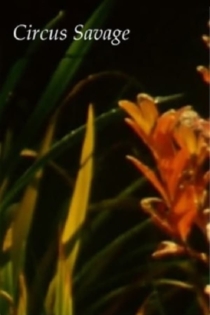
Hildur and the Magician
Larry Jordan
John Graham, Hildur Mahl
In a woodland, a foolish, bungling magician prepares a potion to aid Hildur, the fairy queen, in rescuing her ward, a princess, who has been abducted by a gnome. The wicked "mortal queen" has threatened the princess with death. By an accident, the magician's potion causes Hildur to become mortal, although subliminal recollections of her mystic existence remain to haunt her.
Hildur and the Magician
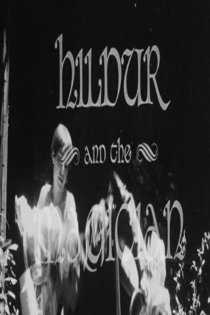
Winter Light
Larry Jordan
Though best known for his collage films, Lawrence Jordan here makes exquisite study of the different aspects of light lilting through the early morning fog of California winter. Painterly gradations of color and juxtapositions in scale are beautifully arranged to music by Antonio Vivaldi.
Winter Light

Enid's Idyll
Larry Jordan
Lawrence Jordan used forty-six engraved Gustave Doré illustrations from "Idylls of the King" as settings for his extravagantly romantic saga. As Enid, the protagonist, is seen in a vast array of scenes from deep forests to castle keeps. Her champion is sometimes with her, sometimes away fighting archetypal foes. She dies and, through the magic of Gustav Mahler's resurrection symphony, lives again. Jordan explores themes of love, death and resurrection.
Enid's Idyll

The Visible Compendium
Larry Jordan
The Visible Compendium constructs bits of unnamed meanings, fragments of light. Photography is, to me, not about things, but about light. Light is our primary reality when we are at the movies. Light which suggests things, the secondary reality, a construct by the mind.
The Visible Compendium

Chateau/Poyet
Larry Jordan
The scene is set in front of a French chateau. The camera chases improbable incidents across the screen. Many are constructed out of one of Jordan's favorite engravings illustrators: Poyet. Duels occur on a tight rope. Heavier-than- air machines fly (and sometimes crash). Below guns spear exploding spheres. The timing of the animation is exquisite, existing in an atmosphere balanced between frenzy and delight.
Chateau/Poyet

Once Upon a Time
Larry Jordan
We are first presented a cobweb castle, filled with the haunting doubts of the young protagonist. Spirits appear on the screen and are heard on the soundtrack. Gradually a female guide emerges and escorts the young man into an antechamber to another (and possibly higher) world.
Once Upon a Time
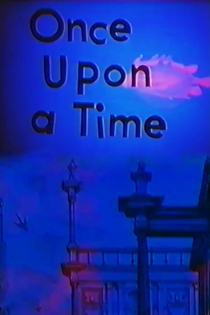
In a Summer Garden
Larry Jordan
Part of a trio of films that also includes ADAGIO and WINTER LIGHT, IN A SUMMER GARDEN "draws much of its power from the way it is constructed and the ways it deals with images... [T]he camera pans and pauses, almost passively looks at the fields of flowers, and then plunges through them, carrying us through space." - Robert Haller
In a Summer Garden

Orb
Larry Jordan
A compact, full-color cut-out animation as ephemeral as the colors swimming on the surface of a soap bubble. The eternal round shape, the orb (sun, moon, symbol of the whole self) balloons its inimitable and joyous course through scene after scene of celestial delight, fixing at last as the mystical globe encasing the lovers whose course it has paralleled throughout the film.
Orb
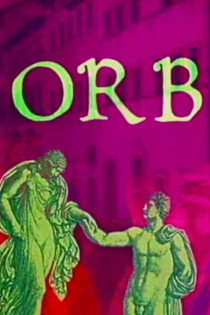
The Black Oud
Larry Jordan
Joanna McClure
The Black Oud represents a subtle new direction in documentary. I have used the term 'bio-documentary' to describe this slight, though essential, difference between my film and the majority of personal or experimental documentaries made in the last decade.
The Black Oud
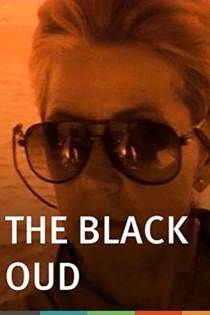
Sophie's Place
Larry Jordan
Five years in the making, Lawrence Jordan's feature-length "alchemical autobiography" Sophie's Place takes as its inspiration the story of the Greek goddess of wisdom, Sophia. Writes Jordan, "I must emphasize that I do not know the exact significance of any of the symbols in the film any more than I know the meaning of my dreams... I hope that the symbols and the episodes set off poetic associations in the viewer. I mean them to be entirely open to the viewer's own interpretation."
Sophie's Place
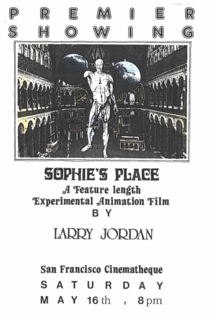
Visions of a City
Larry Jordan
Michael McClure
Sepia toning lends a romantic (even wistful) quality to Larry Jordan's film Visions of a City, which he shot in San Francisco in 1957 and edited in 1978. The pace is un-irritating, in contrast to the San Francisco of today; but unlike the equal weight Helen Levill gives to all her subjects, there is an internal evolutionary development in the Jordan film that ultimately delivers a story. Until the introduction of the human protagonist, poet Michael McClure, we are treated to an extravagant display of visual delights.
Visions of a City
